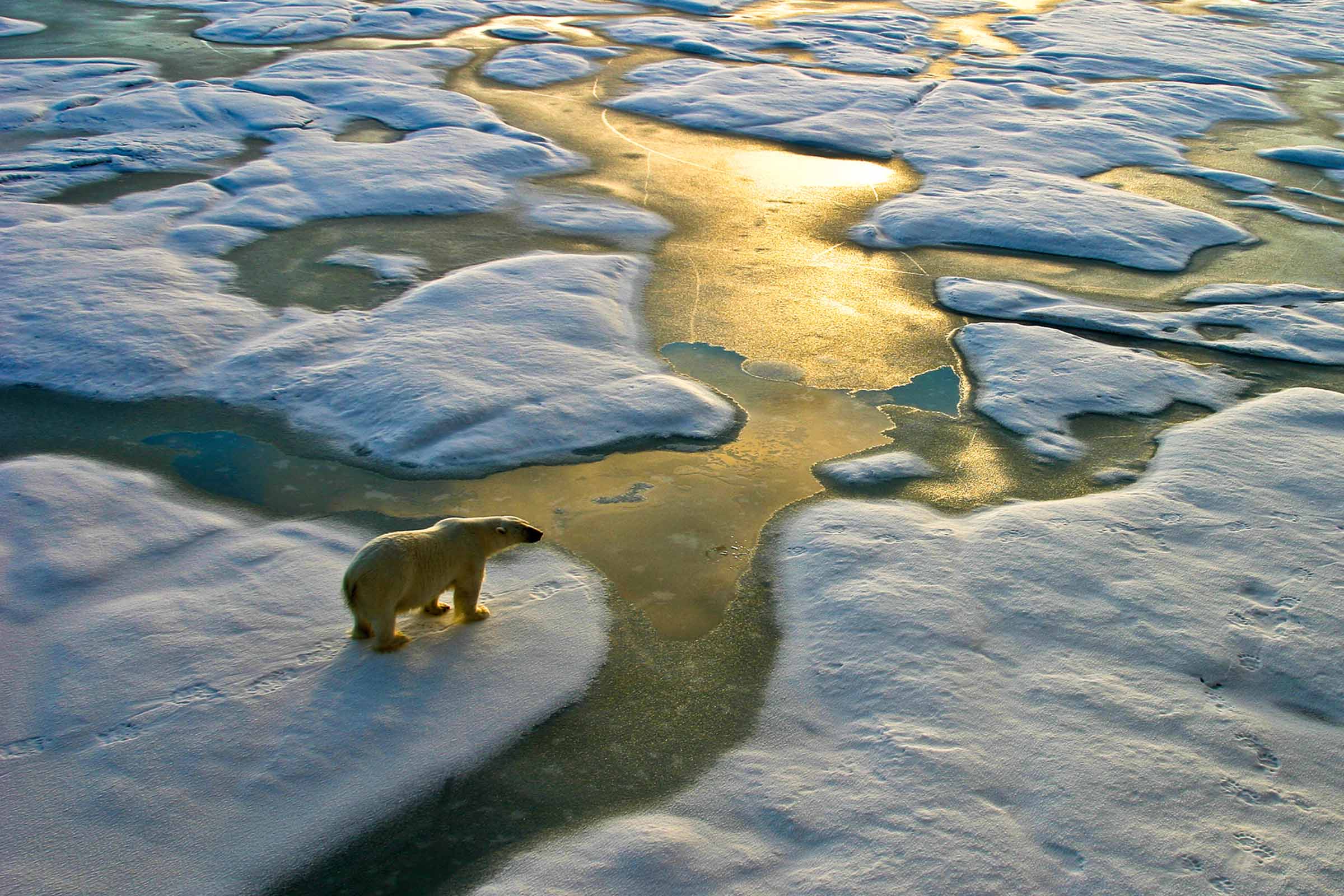Climate change caused by human activity is – and will continue to be – one of the most important issues facing the planet. We spoke to Charles Sturt University’s expert climate change academic, Adjunct Associate Professor Andrew Rawson, about the importance of the oceans when it comes to global climate change – and what we can do in response to climate alterations.
The importance of the oceans to climate change
Dr Rawson began by outlining the interactions between the global oceanic system and global climate change.
“As humans release more and more carbon dioxide and other polluting gases, about half remains in the atmosphere and the rest is divided between the land and oceans. Approximately 25 per cent is absorbed by the ocean through chemical exchange. The extra carbon dioxide changes the chemical nature of the oceans (the primary effect of that is acidification of the water which can affect growth of any calcifying organism – from the shells and carapaces of some plankton to the coral on the Great Barrier Reef). Most require optimal pH and temperature range to grow and flourish. As we affect those we inevitably affect those organisms, which has a major impact on the oceanic food chain. As oceans acidify, they also become less capable of absorbing the extra carbon dioxide humans are emitting into the atmosphere. This is concerning because the moderating influence of the ocean–atmosphere exchanges will decrease over time, leaving more greenhouse gases in the atmosphere to absorb heat there.
“The oceans are a critical component of the planet’s climate system, particularly in relation to climate change, because the oceans hold an enormous amount of heat. They store more heat than the atmosphere and distribute it slowly around the Earth, creating a moderating influence. As human-released greenhouse gases accumulate in the atmosphere, less heat is able to escape into space and much of this extra heat is stored in the oceans. This has resulted in an increase in heat content of the upper oceans over the last few decades. The coral bleaching events recently seen in the Great Barrier Reef are almost certainly related to this extra heat.
“Plus, when you put extra heat into the oceans they expand. Even a small expansion in such a large body of water means significant effects at the coastlines. So actually, rather than glacial melt, the most significant rises in sea level due to climate change have been due to thermal expansion. And the rate of rise is accelerating. Currently on average the seas are rising by about three millimetres per year, and are expected to rise further over the next century and beyond.
“A further outcome of global warming is a reduction in sea ice for longer periods during each year. This shift in the proportion of ocean surface that doesn’t contain ice changes the rate and amount of solar radiation that is either reflected or absorbed. Darker oceanic waters absorb radiation directly, whereas sea ice reflects radiation away. Therefore less sea ice results in more heat in the oceans, further exacerbating heating of the planet.”
The international response conundrum
The question of how to tackle climate change is caught up in the power play of international politics, as Dr Rawson explained.
“As we know, climate change occurs on a global scale; the circulations of the atmosphere and the oceans go across the globe. The causes of recent climate change are also global so tackling climate change requires a global effort, which is what the United Nations has been trying to bring about for the last few decades.
“It is difficult to achieve change as many economies, such as Australia, are fundamentally entwined with fossil fuels. And there is a real sense of countries being unwilling to take the economic hit that will inevitably happen from changing such a large part of the country’s economy first – without similar commitments from other nations.”
Where the power may ultimately lie
For Dr Rawson, responding to climate change is something that involves everyone – with knowledge and data the key to shifting behaviour.
“Perhaps the only way this will change is if the public push hard enough for it, mainly through their consumer choices. And because of that, we need consumers to be informed. Key to that is more information, more research so we understand the impacts of these effects on the natural world.
“We need knowledge about mitigation alternatives – how to slow down or stop climate change – and adaptation responses. With the sure knowledge that climate change is happening and will continue to happen (even if we stopped burning fossil fuels tomorrow, temperatures will still rise, probably over centuries, due to thermal accumulation) we need to know what the impacts will be from changes in temperature, rainfall, sea level and seasonality.
“These changes will affect everything from agriculture to community planning for hazards like bushfires. And of course to animal migration and adaptation. Fixed ecosystems like the Great Barrier Reef are likely to be less able to adapt than more mobile individual species.
“So how do we adapt to these inevitable changes? That’s where research and understanding of climate change comes in. We need innovative, agile thinkers to help with these two channels of investigation – mitigation and adaptation – while operating in an environment that is constantly in flux.
“Climate change will affect almost every industry – from social work to agriculture – so while it can be alarming it also creates opportunities for the generation and dissemination of knowledge to understand a dynamic situation.”
Be a part of the solution
Because climate change is important to everyone’s future, whichever industry they work in, Charles Sturt University offers the climate change impacts, mitigation and adaptation subject. This covers key issues around the impacts of climate change and how to respond to them as part of many different degrees – such as agriculture, environmental science or emergency management.

